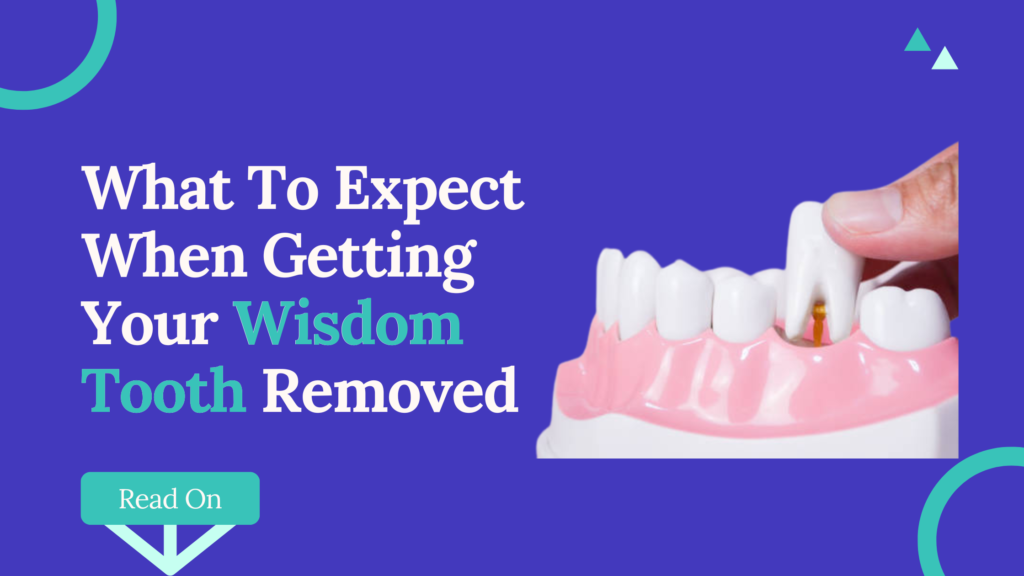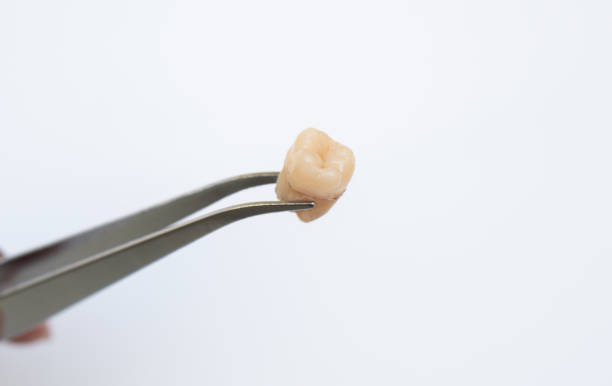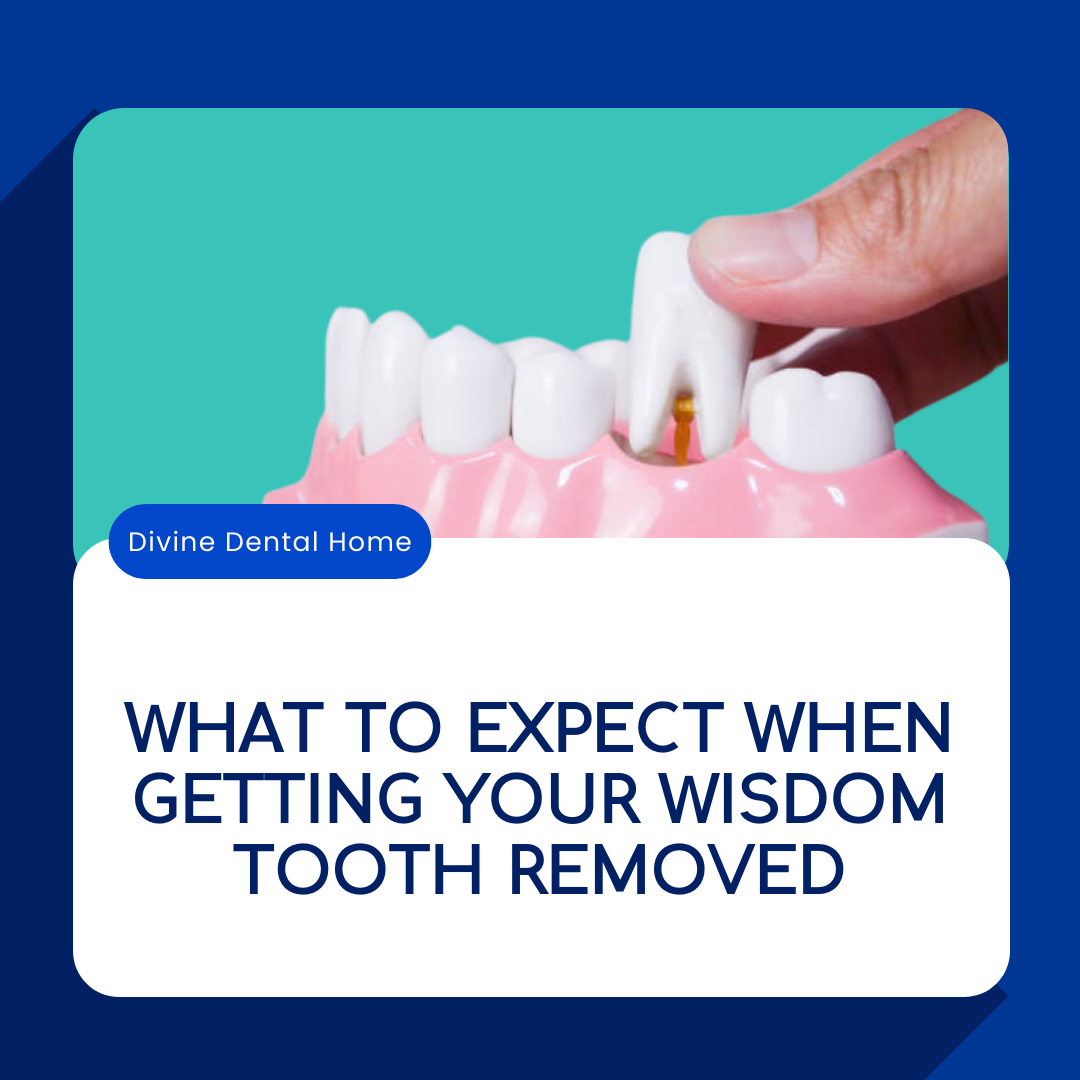
Wisdom teeth removal is a common oral surgery procedure. It’s often recommended as a preventative measure to protect your other teeth from future problems and preserve your oral health. Recovery is usually quick and most people can return to normal activities in just a few days.
What is wisdom teeth removal?
Wisdom teeth removal is the extraction of your third molars — the four permanent adult teeth located in the very back of your mouth, in the upper and lower jaws. Wisdom teeth usually erupt between the ages of 17 and 21. Most people have all four of their wisdom teeth. It’s estimated that 5% to 37% of people only have some of their teeth — or in some cases, none at all.
Why do we have wisdom teeth?
Researchers believe that teeth were necessary for our ancestors, as their diet mostly consisted of hard nuts, crunchy leaves, and uncooked meat. Today, however, we eat more cooked food and use forks and knives to cut our food up into smaller pieces. As a result, teeth are widely regarded as vestigial structures (parts of the human body that have become unnecessary).

Reasons why wisdom teeth are being removed
1. When dental pain near the back of the mouth is detected.
2. Trap food and debris around the wisdom teeth.
3. Develop gum disease, particularly around the molars.
4. Have tooth decay (cavities) in a partially erupted wisdom tooth.
5. Develop a cyst (fluid-filled sac) around one or more wisdom teeth.
6. Have sustained damage to nearby teeth or surrounding bone.
7. Extra teeth that obstruct other teeth from coming in.
8. Baby teeth that don’t fall out, which obstruct permanent teeth to come in
9. Wisdom teeth if they cause pain or are infected.
In many cases, healthcare providers recommend teeth extraction as a preventative measure. As a result, your dentist may suggest removing your teeth even if you don’t have any symptoms. This can help reduce your risk for future problems, including infection and tooth decay.
Most of the time, teeth removal doesn’t result in long-term complications. In rare instances, people may develop:
• Infection.
•Dry sockets (loss of blood clot resulting in exposed bone).
• Damage to other oral structures, including the jawbone, nerves, sinuses, or nearby teeth.
What are the risks or complications?
After the teeth removal, you can expect mild discomfort accompanied by slight slight bleeding and swelling. Your oral surgeon will give instructions for teeth management to ease these side effects.
Aftercare of teeth removal
Here are some general guidelines to help foster a comfortable recovery after teeth removal:
1. Rest as much as you can for the first few days.
2. Avoid strenuous activity for 48 to 72 hours.
3. Place a cold compress or ice pack on your face to help reduce swelling.
4. Keep the surgical sites clean by gently soaking them with an antimicrobial mouthwash.
5. Don’t swish vigorously, as this can dislodge blood clots and cause dry sockets.
6. Brush the rest of your teeth normally.
7. Take all medications, including antibiotics and pain relievers, as prescribed.




